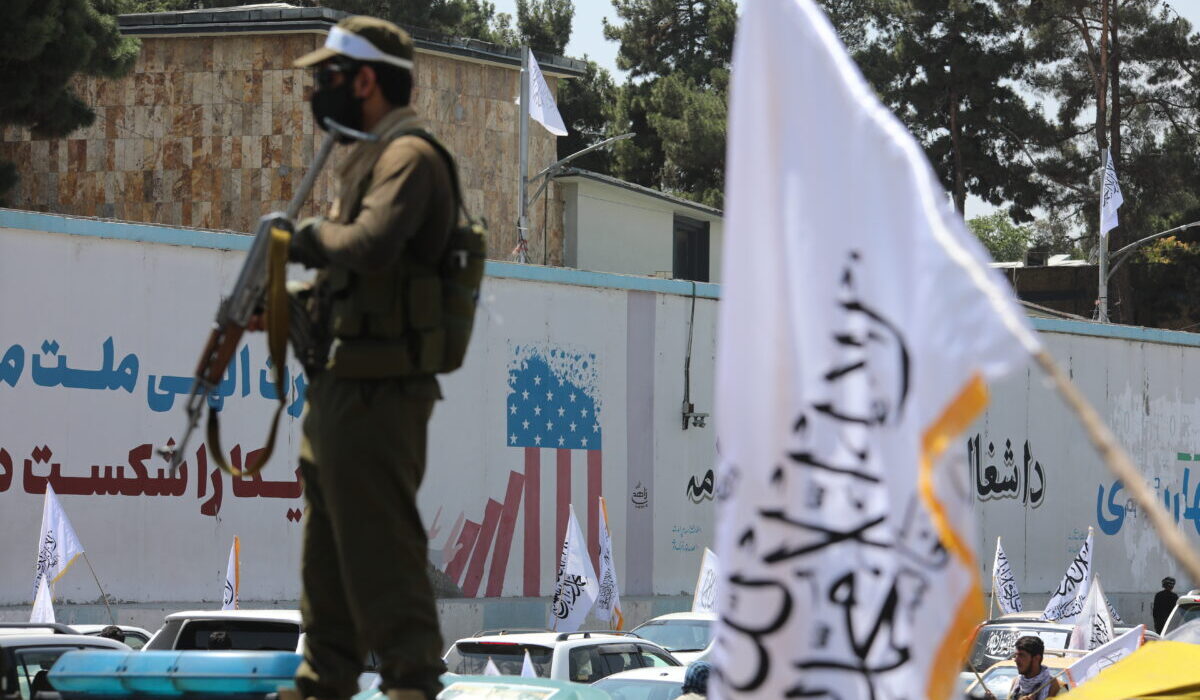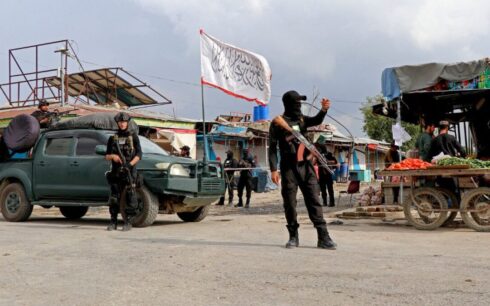Taliban leader Hibatullah Akhundzada has continued reshuffling Taliban’s senior police commanders in a move that further sidelines Sirajuddin Haqqani, the Taliban’s acting interior minister.
In the latest changes, Akhundzada reassigned the Taliban’s police chiefs of Bamiyan and Samangan provinces, transferring each to the other’s post. These appointments, although officially under Haqqani’s purview, were made directly by the reclusive supreme leader in Kandahar, bypassing Haqqani’s authority.
The reshuffles come amid growing signs of tension between the Kandahar-based leadership and the powerful Haqqani network, which oversees the Ministry of Interior. Despite the ministry falling under Haqqani’s command, most significant personnel decisions — from provincial commanders to intelligence chiefs — are increasingly dictated from Kandahar.
In addition to the provincial appointments, Akhundzada also named the Taliban’s former intelligence chief of Balkh province as the new head of artillery at the Taliban military’s general staff.
The reshuffles are the latest in a series of moves that have deepened the power struggle between Akhundzada and Haqqani. Sources told Amu TV that during a high-level meeting in Kandahar in March, Haqqani expressed frustration over his diminishing authority, warning that continued centralization could prompt senior Taliban figures to break ranks.
The discord became more apparent during Haqqani’s recent absence, when he traveled to the United Arab Emirates. In his absence, Akhundzada executed a number of changes within the interior ministry, without prior consultation with the minister.
Since late March, Taliban media outlets have reported Haqqani’s presence at the ministry only three times, two of which were diplomatic meetings with envoys from Russia, China, and Pakistan. This marks a notable reduction in his public and institutional visibility compared to the earlier months of Taliban rule.
Analysts say Akhundzada’s consolidation of power reflects a broader effort to entrench Kandahar’s dominance at the expense of rival factions, particularly the Haqqanis, whose influence stems from their military and intelligence networks.
“The divide between the Haqqani network and Kandahar faction has become both undeniable and increasingly unmanageable,” said Mohammad Arif Rahmani, a former member of Parliament.
A report from the United Nations Secretary-General in March also highlighted Akhundzada’s efforts to strengthen his hold over government structures by appointing loyalists to key posts and convening decision-making meetings in Kandahar.
While Taliban spokespeople have downplayed the internal tensions as routine differences in opinion, several observers believe the group is now effectively split into two competing camps: the Kandaharis, loyal to Akhundzada, and the Haqqanis, centered in eastern Afghanistan.
“The marginalization of Sirajuddin Haqqani is not just symbolic — it’s part of a larger strategy to consolidate all authority under the supreme leader,” said Bismillah Taban, a former Afghan military official. “This is already having deep consequences for the Taliban’s internal cohesion.”





